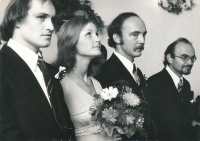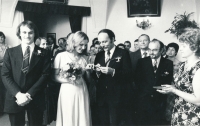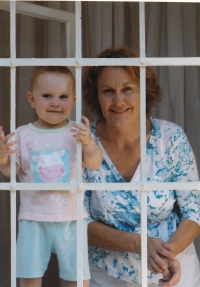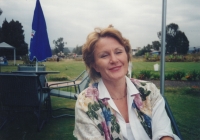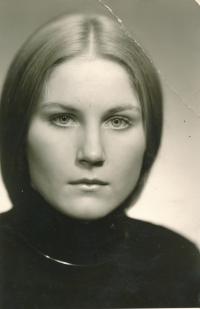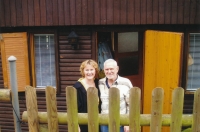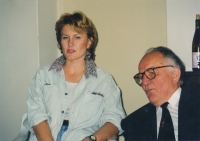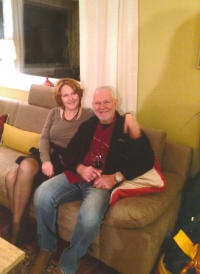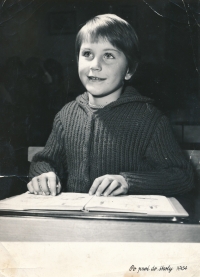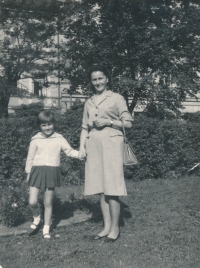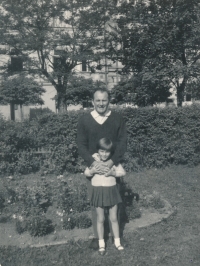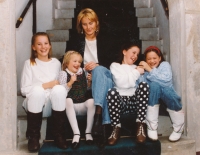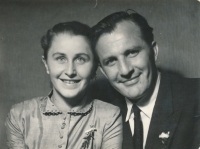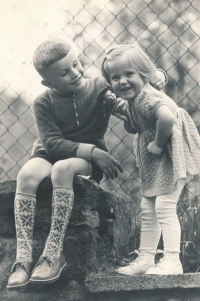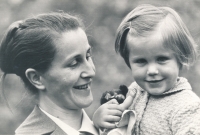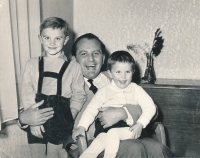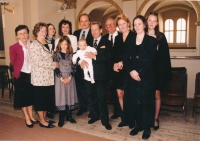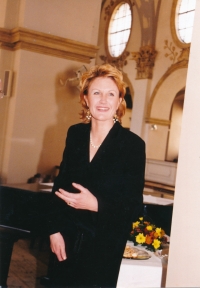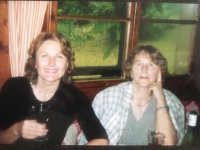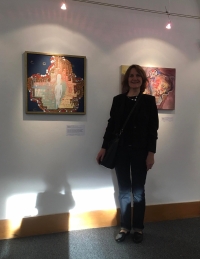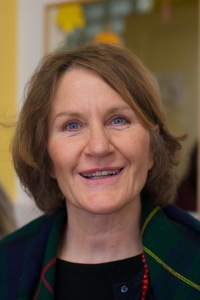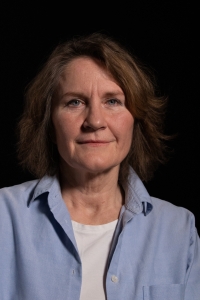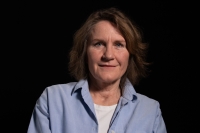The important thing is to fulfill your mission, every droplet counts
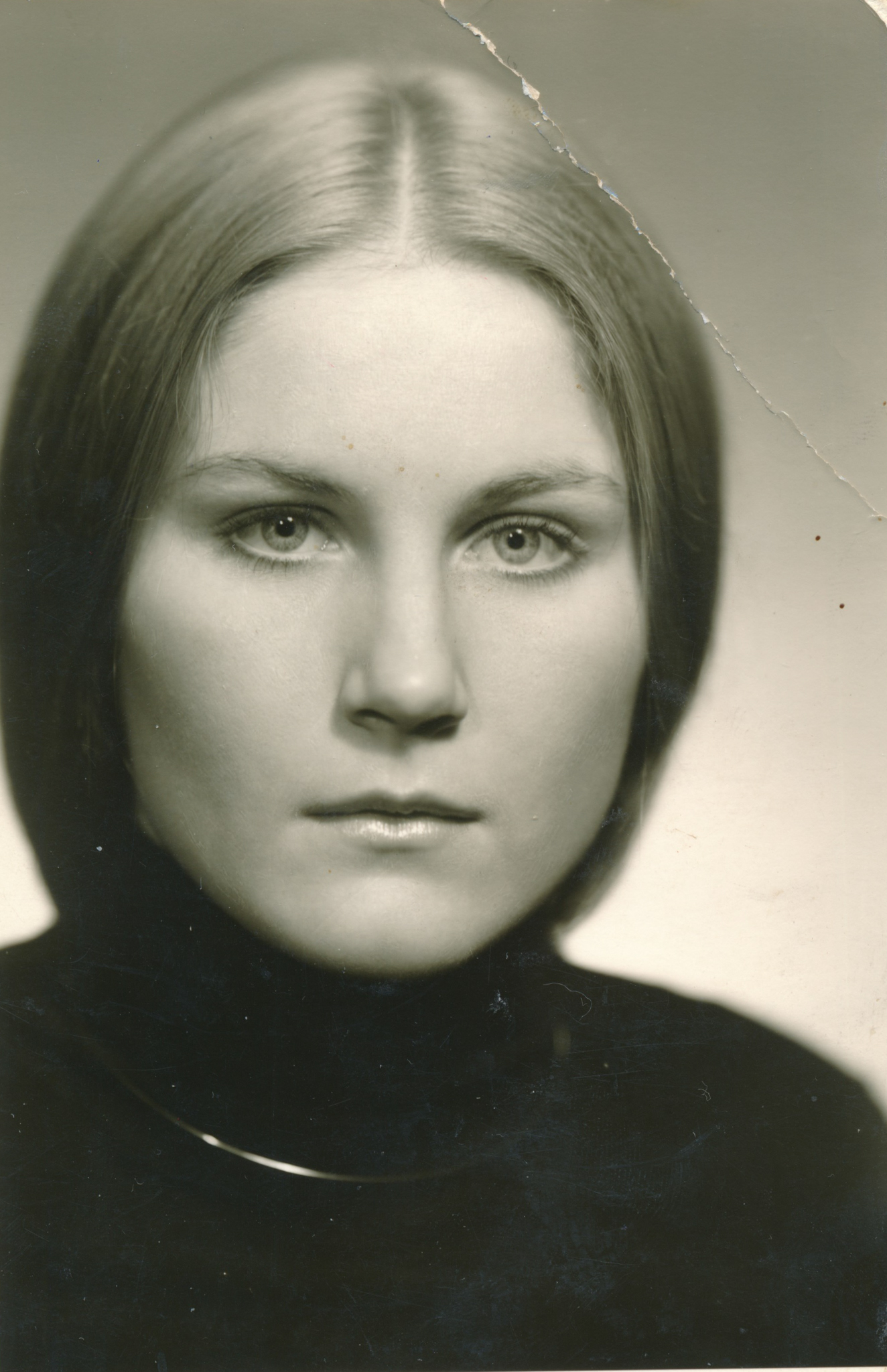
Download image
Magdalena Westman was born on June 26 1958, in the family of protestant pastor Alfred Kocáb and psychologist Darja Kocábová. She grew up with her brother Michael in Chodov near Karlovy Vary; later, the family moved to Mladá Boleslav. From a young age, her parents were not only a supportive and loving background for her but also a lot of inspiration. Since childhood, she has loved to learn new things and started going to school with enthusiasm. Unfortunately, in Mladá Boleslav, where she transferred in the fifth grade, she began to feel that their family was different and that she was not accepted. She got into grammar school only on the condition that she would have perfect results in the entrance exams and join the SSM. Similar stress accompanied her graduation, which was approaching at the time of her father’s signing of Charter 77. Again, it meant endless hours of preparation so she would not make a mistake. She managed to do so, yet she did not get a college recommendation. The family was under constant surveillance by State Security, and Magdalena was present during the search of the house when she managed to remove copies of Charter 77 from her father’s study. Soon after graduating high school, she married and stayed home with her children until the Velvet Revolution. Then she began to devote herself entirely to managerial work. For example, she was an assistant to her brother Michael Kocáb, who worked for the Goja agency, the Administration of Czech Centres and the Mammography Project. In 2006 she married for the second time and lived with her husband for some time in South Africa, where he was from. In 2009 they moved to the Czech Republic, and Magdalena Westman started studying art therapy. Today, she lectures on the subject, organises seminars and works with people with intellectual disabilities. At the time of filming (2022), she lived with her husband in Županovice near Dobříš.
